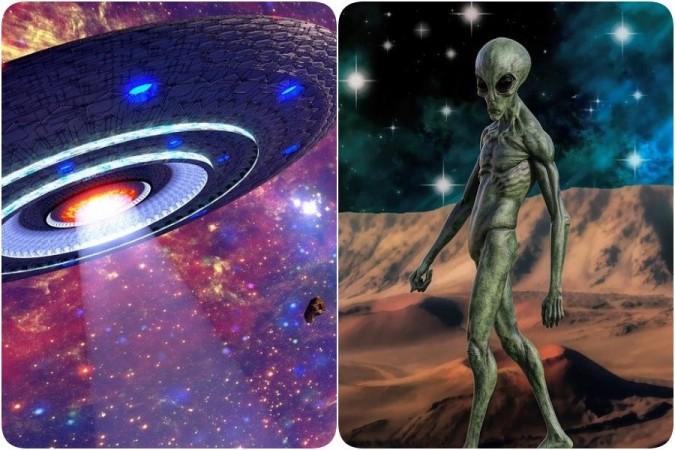Avi Loeb is now a very popular name among conspiracy theorists and alien enthusiasts. This Harvard professor's fame was shot to new heights when he claimed that interstellar visitor Oumuamua could be an alien space vessel. And now, Loeb has again made an astonishing claim regarding the existence of aliens. In a recent interview with The Guardian, Loeb revealed that he is planning to take high-resolution images of UFOs in the near future.
UFO images to be taken soon
During the interview, Loeb asserted that humanity will see the first high-resolution image of a UFO in the coming months. According to Loeb, a clear picture of an alien vessel will be captured within the next two years, and he is making use of cameras and telescopes spread out across the globe to achieve this feat.

It should be noted that Loeb had found the Galileo Project last year. This project is making use of a global network of cameras, telescopes, and computers to detect the presence of aliens.
"My hope is that by getting a high-resolution image of something unusual, or finding evidence for it, which is quite possible in the coming year or two, we will change it," Loeb told The Guardian.
Loeb strongly believes in alien existence
Earlier, Loeb had claimed that humans are not alone in this universe. According to Loeb, a quarter of all stars host a planet with the size and surface area of the Earth, which means the possibility of alien existence is very likely.
Loeb had also suggested that UFOs on earth could be actually sensors sent by Oumuamua, which he strongly considers an alien probe.
"The tumbling motion of 'Oumuamua could potentially have been meant to scan signals from all viewing directions. A predecessor to 'Oumuamua could have been a craft that deposited small probes into the Earth's atmosphere without being noticed, because it visited before Pan-STARRS started its operations. Along this imaginative line of reasoning, 'Oumuamua could have arranged to appear as coming from the neutral local standard of rest, which serves as the local "galactic parking lot," so that its origin would remain unknown," wrote Loeb in a recent article in the Scientific American.














